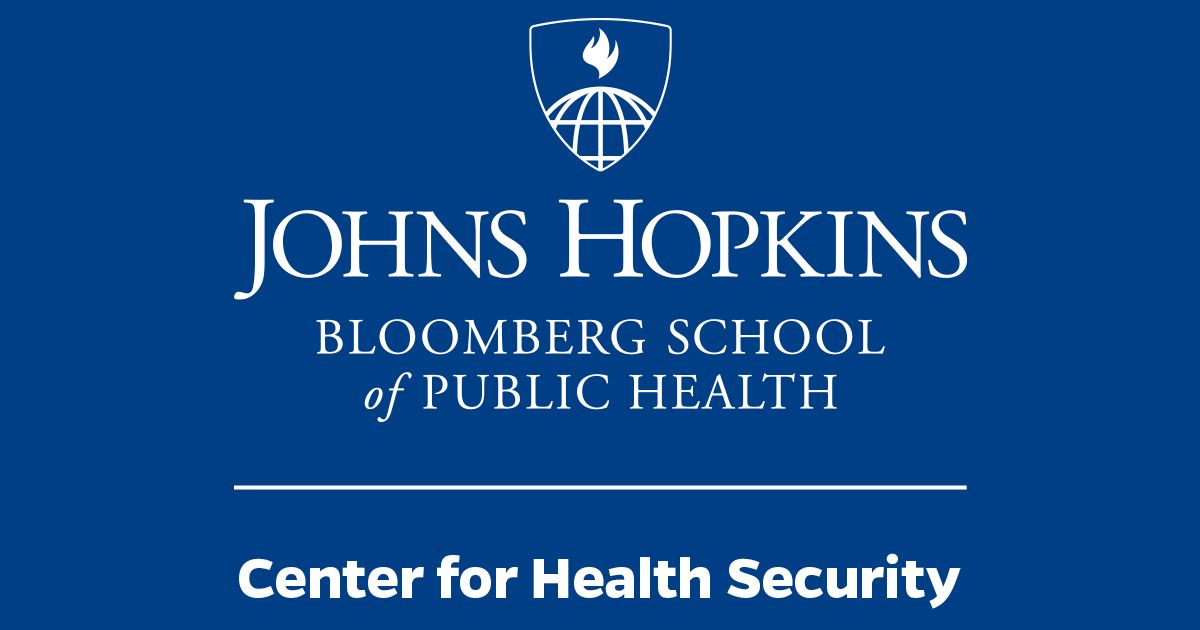“Intended as a key resource in the face of increasing risks of high-consequence and globally catastrophic biological events.” Provides 195 country profiles on health security and capabilities across six categories, 34 indicators, and 85 sub-indicators. The key conclusion: “National health security is fundamentally weak around the world. No country is fully prepared for epidemics or pandemics, and every country has important gaps to address.” The 195 countries are ranked in each of six categories regarding prevention, detection and reporting, rapid response, health system sufficiency to treat the sick and protect health workers, compliance with international norms, and overall risk environment (vulnerability to biological threats). The top five countries in the combined rankings: US (!), UK, Netherlands, Australia, and Canada (yet national political leadership in both the US and UK has clearly been deficient).
Note: As mentioned above, it is now obvious that national political leadership is a critical factor in all six categories of concern (prevention, detection, reporting, rapid response, treatment, etc.) Future editions of the GHS Index should at least mention this, but need not get into specifics. We obviously know which leaders have been delinquent in their health security duties, and the devastating results for individuals, communities, and economies.
Also still quite relevant, see Pandemics in a Changing Climate—Evolving Risk and the Global Response (Zurich: Swiss Re, 2006, 27p; prepared by students at Johns Hopkins University), succinctly warning that “Pandemic outbreaks can be economically devastating,” and that serious disease outbreaks are becoming more common, due to population growth, globalization, increased mobility, and environmental change, with climate change acting as a “risk multiplier” by driving changes to vector ecology.




